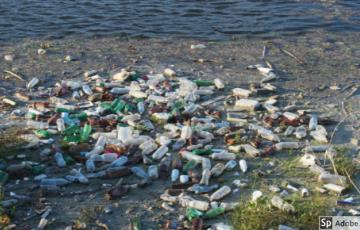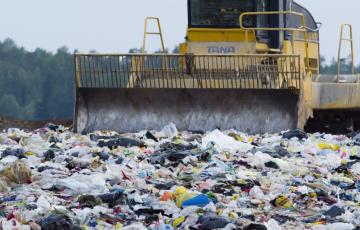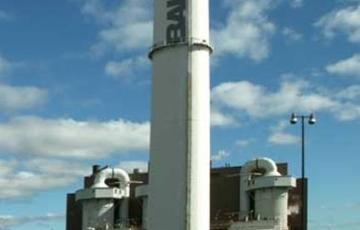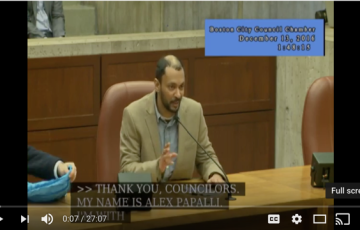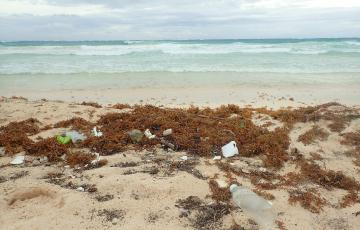ReThink Disposable: Stop Waste Before It Starts
Here in New Jersey, we love our local restaurants and shops. Let’s take a minute and appreciate them just a little more because they are helping Clean Water Action take on a huge environmental issue: single-use disposables.
